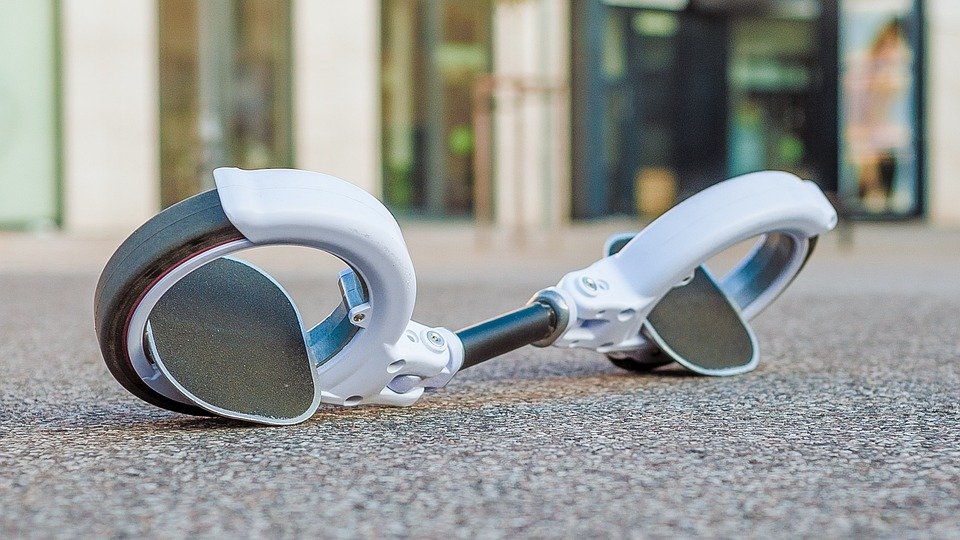In recent years, the fitness industry has experienced a significant shift with the introduction of various fitness devices and wearable technology. These devices claim to track and monitor your physical activity, sleep patterns, heart rate, and more, with the ultimate goal of improving your health and well-being. But the question remains: can fitness devices really live up to their promises?
The idea behind fitness devices is to provide users with real-time data and insights into their daily physical activities and overall health. By doing so, they aim to motivate and encourage individuals to adopt a more active lifestyle, make healthier choices, and ultimately improve their well-being.
One of the key benefits of fitness devices is the ability to track and monitor your physical activity. This can be especially helpful for those looking to increase their daily movement or achieve specific fitness goals. By having a clear understanding of their activity levels, users can make informed decisions about their physical health and make the necessary adjustments to their routines.
Additionally, many fitness devices also offer features that track sleep patterns and heart rate. Getting enough quality sleep and maintaining a healthy heart rate are crucial factors in overall health and well-being. By monitoring these metrics, users can gain valuable insights into their sleep quality and overall cardiovascular health, ultimately leading to better overall well-being.
Furthermore, fitness devices often come with apps or platforms that allow users to set goals, track progress, and receive personalized recommendations. This can be an effective way to stay motivated and accountable in your fitness journey, as it provides a tangible way to measure and celebrate your successes.
However, while fitness devices offer many potential benefits, it’s important to approach them with a critical eye. It’s essential to remember that simply owning a fitness device won’t automatically improve your health and well-being. You still need to put in the effort and dedication to make lifestyle changes that support your goals.
Additionally, the accuracy and reliability of fitness devices can vary, and not all of them may be suitable for everyone. It’s important to do thorough research and consult with a healthcare professional before investing in a fitness device to ensure that it’s the right fit for you and your specific health and fitness needs.
In conclusion, fitness devices have the potential to improve your health and well-being by providing valuable insights into your physical activity, sleep patterns, and overall health. However, they are not a magic solution and require effort and dedication on the part of the user. When used correctly and in conjunction with a healthy lifestyle, fitness devices can be valuable tools in supporting your journey to better health and well-being.

